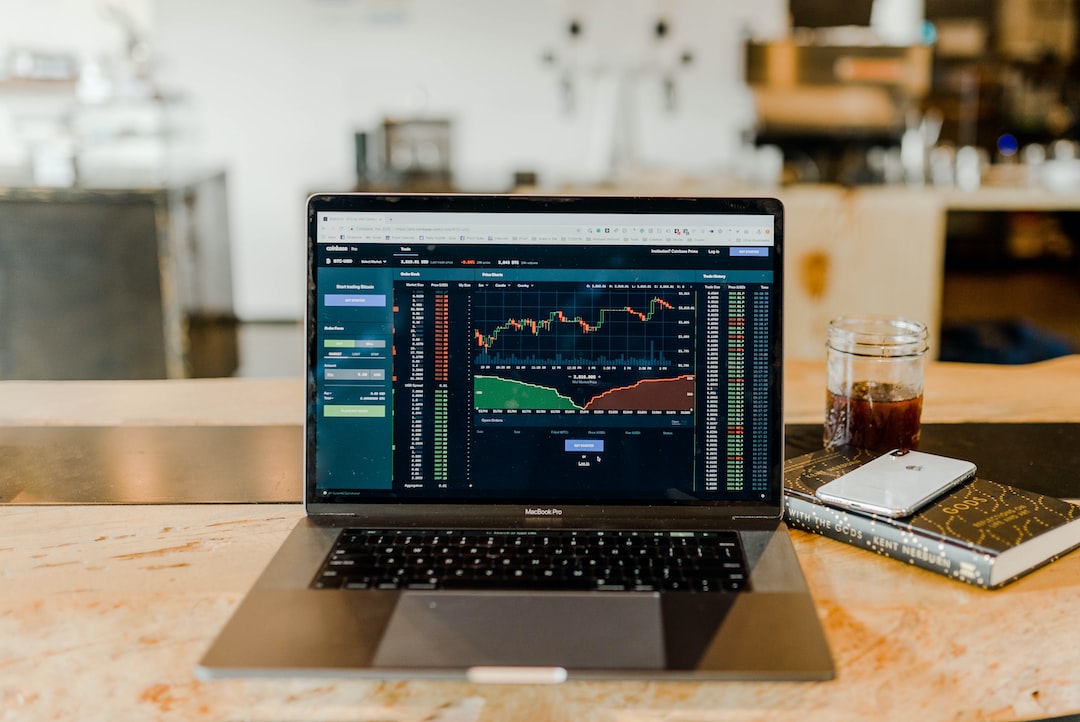Central banks play a vital role in the forex market, and their actions have a significant impact on currency exchange rates. The primary objective of central banks is to maintain price stability and ensure the overall economic growth of their respective countries. In this article, we will discuss in-depth the central banks’ role in forex and their actions that influence currency exchange rates.
What is Forex?
Forex, also known as the foreign exchange market, is the world’s largest and most liquid financial market. It is where currencies are traded 24 hours a day, five days a week. Forex trading involves buying and selling currencies with the aim of making a profit based on currency exchange rate fluctuations.
The forex market is decentralized, which means that it does not have a physical location to trade currencies. Instead, forex trading takes place over-the-counter (OTC), where buyers and sellers trade currencies directly with each other through electronic platforms.
Central Banks and Forex
Central banks are the primary regulators of the monetary policy in their respective countries. They are responsible for maintaining price stability, ensuring sustainable economic growth, and maintaining financial stability. Central banks have a direct impact on forex trading as they control the supply of money and interest rates.
Central banks’ actions in forex are aimed at maintaining the stability of their respective currencies and ensuring that they are in line with the overall economic goals of the country. Central banks use various tools to influence the forex market, such as monetary policy, interest rates, and foreign exchange reserves.
Monetary Policy
Monetary policy is the process by which central banks control the supply of money in the economy. Central banks use monetary policy to achieve their economic objectives, such as maintaining price stability and ensuring sustainable economic growth. Monetary policy affects the forex market by influencing the value of currencies.
Central banks can use monetary policy to influence the forex market by adjusting interest rates, open market operations, and reserve requirements. Interest rates have a direct impact on the value of currencies. When central banks increase interest rates, the value of their currencies appreciates as investors seek to take advantage of higher returns on their investments.
Open market operations involve the purchase or sale of government securities to inject or withdraw liquidity from the market. Central banks can use open market operations to influence interest rates and the value of their currencies.
Reserve Requirements
Central banks require commercial banks to maintain certain levels of reserves to ensure the stability of the financial system. Reserve requirements affect the supply of money in the economy and, therefore, the value of currencies. When central banks increase reserve requirements, the supply of money in the economy decreases, which can lead to a decrease in the value of currencies.
Foreign Exchange Reserves
Central banks hold foreign exchange reserves to ensure that they have enough foreign currency to manage their economies and intervene in the forex market when necessary. Foreign exchange reserves act as a buffer against currency fluctuations and can be used to stabilize the value of currencies.
Central banks use foreign exchange reserves to intervene in the forex market when necessary. For example, if a country’s currency is depreciating rapidly, the central bank can use its foreign exchange reserves to buy its currency, which can help to stabilize its value.
Conclusion
Central banks play a crucial role in the forex market, and their actions can have a significant impact on currency exchange rates. Central banks use various tools to influence the forex market, such as monetary policy, interest rates, and foreign exchange reserves. The primary objective of central banks is to maintain price stability and ensure overall economic growth. Understanding the role of central banks in forex trading is crucial for forex traders as it helps them make informed trading decisions.






